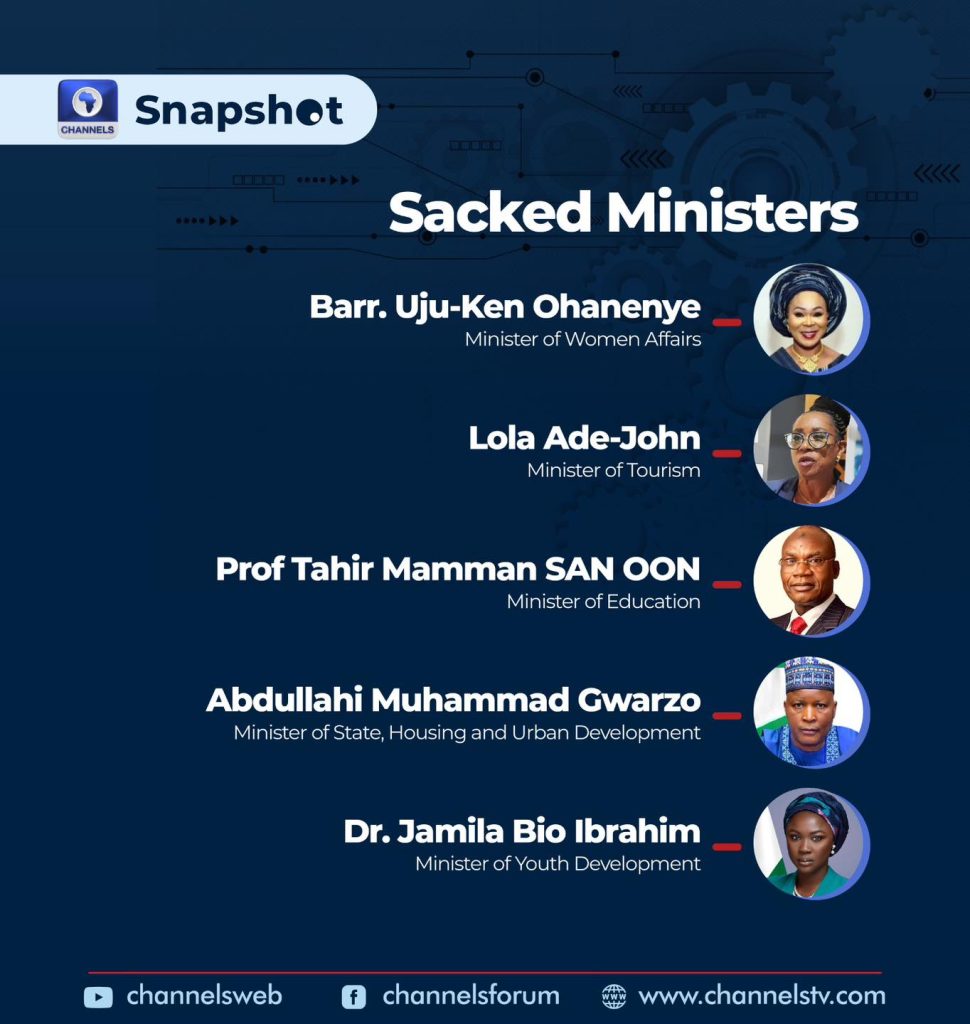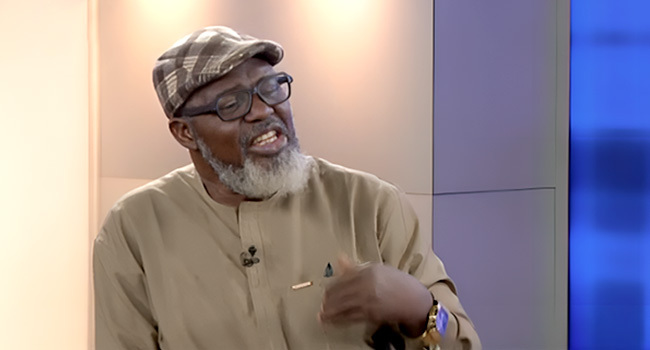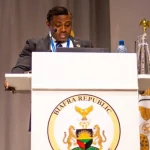Former Minister of Communications, Adebayo Shittu, has criticized President Bola Tinubu’s recent cabinet reshuffle, suggesting that the move is more politically driven than a bid to bring “superior minds” into the Federal Executive Council (FEC). Shittu made his comments during an interview on Channels Television’s Politics Today, one day after Tinubu removed five ministers, reassigned 10 others, and introduced seven new nominees awaiting Senate approval.
Shittu expressed skepticism about the motives behind the shake-up, doubting that it would enhance governance or yield improved performance. “If you look at the changes we had yesterday (Wednesday), I doubt whether it is necessarily bringing in superior minds,” he said, suggesting that the reshuffle is a case of political balancing rather than merit-based appointments.
The cabinet overhaul comes amid mounting criticism over Tinubu’s initial appointments in August 2023, where 48 ministers were named, including some high-profile figures. Since then, Nigerians have expressed concerns over skyrocketing inflation, a struggling economy, and security issues that many attribute to a lack of effective leadership in key ministries. The shake-up is seen by some as an attempt to address these criticisms, but Shittu argues that it falls short of bringing genuine change.
Shittu, who served under former President Muhammadu Buhari, highlighted that political considerations often outweigh competence in Nigeria’s ministerial appointments. “More often than not, it is not everybody who is appointed as a minister that fits in. Because of the Nigerian factor, a lot of decisions have political colorations rather than meritocracy,” he said.
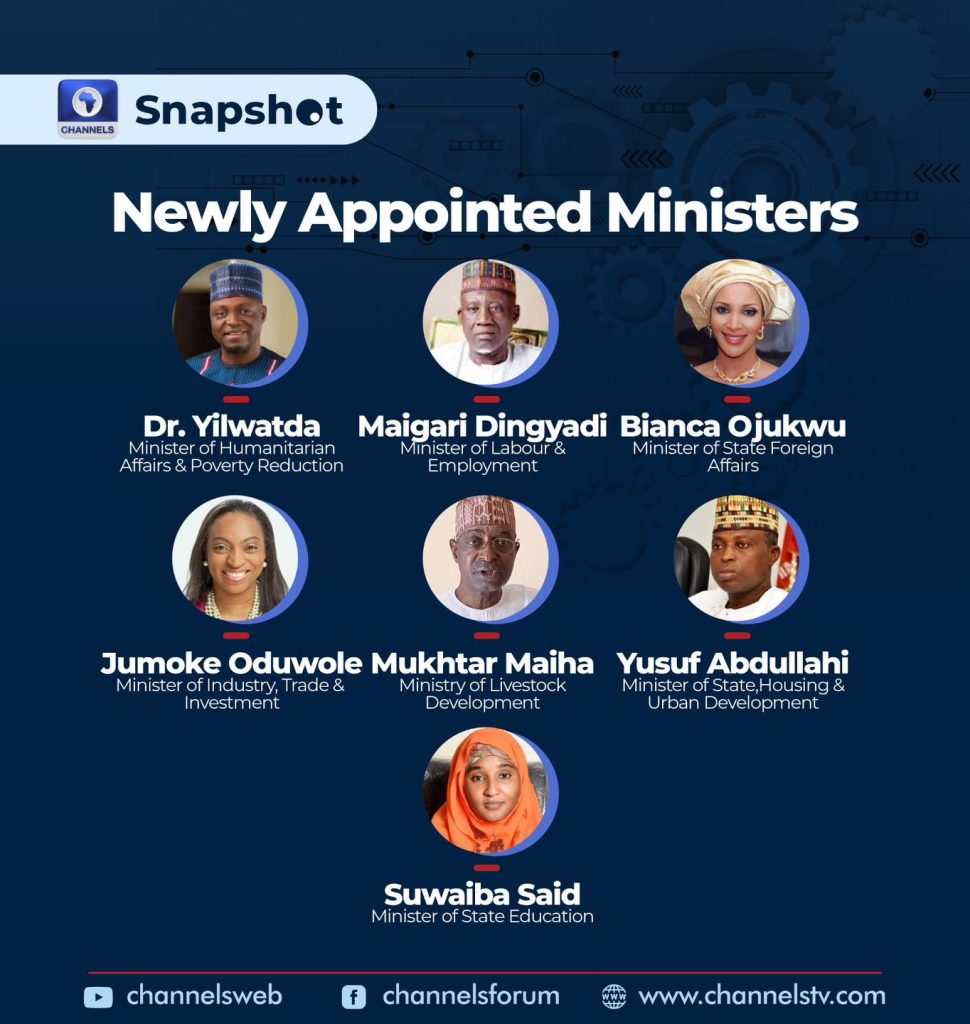
The former minister emphasized the need for rigorous Senate screenings for ministerial nominees, asserting that Nigerians have little patience for trial-and-error appointments. Citing the importance of specialized knowledge, he referenced the positive impact of having an engineer as Minister of Works, contrasting it with the potential pitfalls of appointing ministers with little relevant experience in their assigned portfolios. “Nigerians certainly don’t have too much time in such learning processes,” he added.
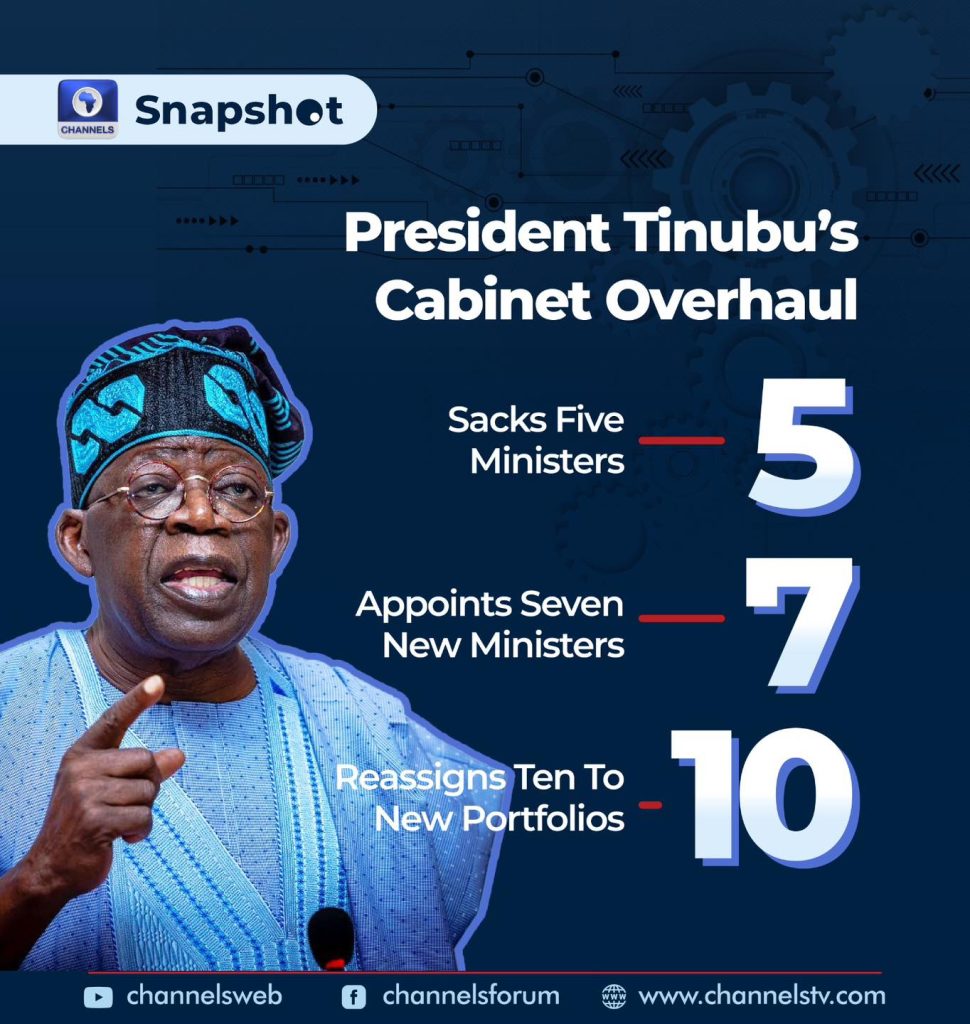
Tinubu’s recent decision to reshuffle his cabinet, which included the departure of Betta Edu in January 2024 and the resignation of Simon Lalong, has sparked discussions on the effectiveness of Nigeria’s ministerial system. As the President’s 15-month-old administration continues to face public scrutiny, Shittu’s remarks underscore a prevailing sentiment that Nigeria’s political landscape still lacks a true focus on merit-based leadership.
